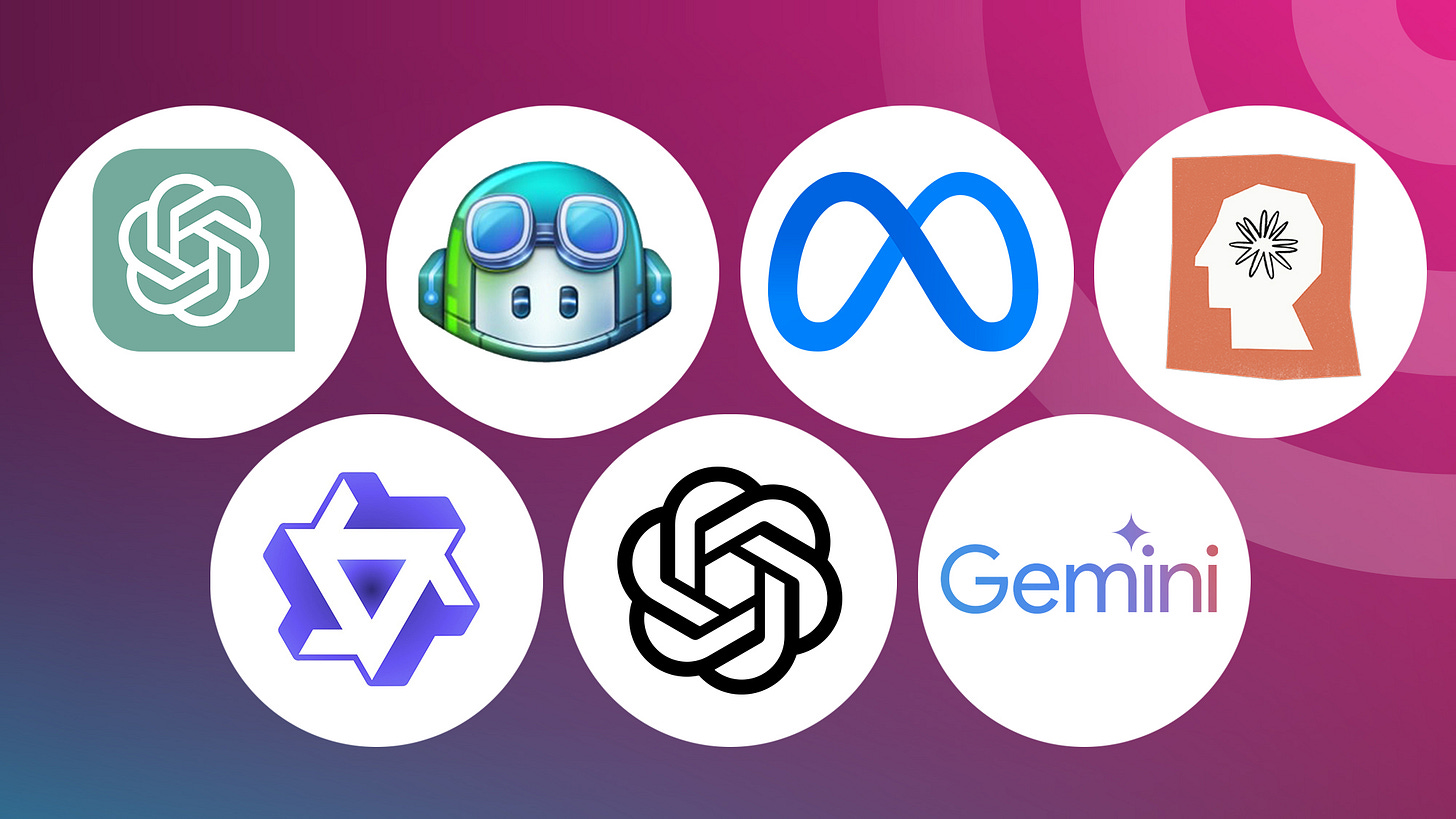Coding with AI: a Double Edged Sword
The way that software engineers write code has fundamentally changed with the introduction of artificial intelligence and more specifically large languages models. While this new technology follows the continued trend throughout the history of coding, further abstracting lower level details away from engineers, it now does so at a much larger scale.
When…



